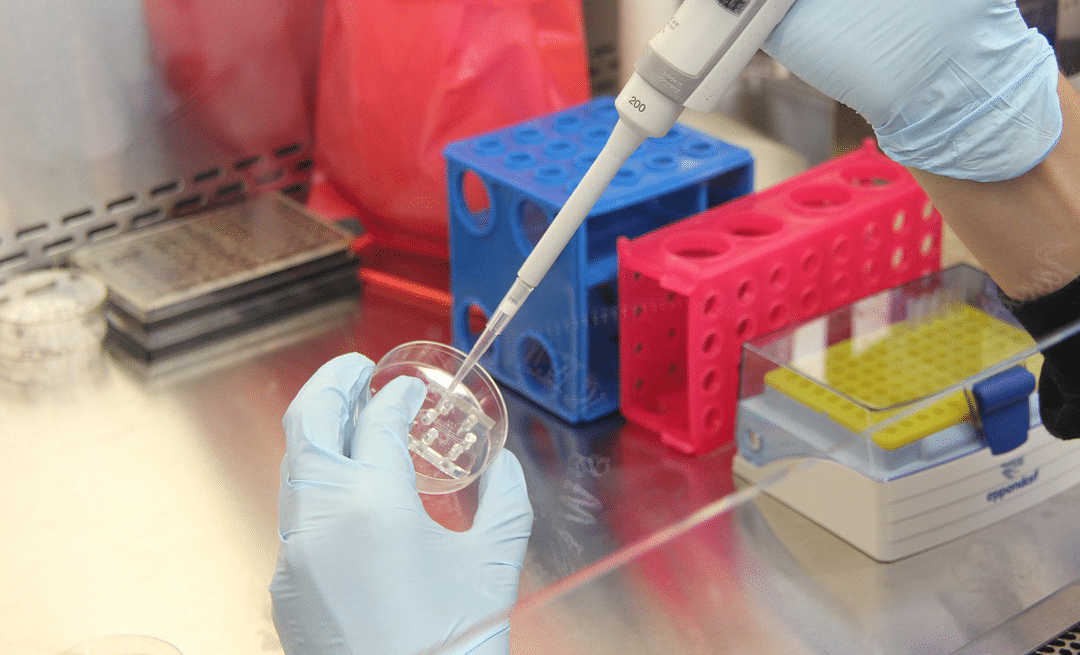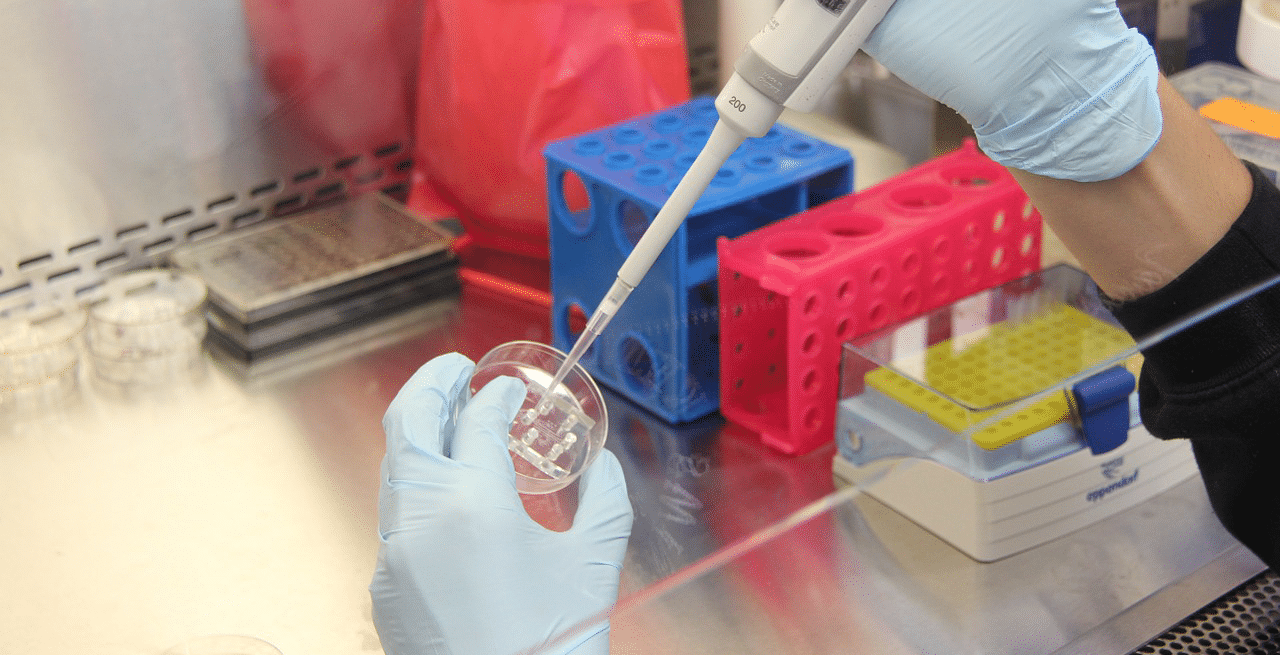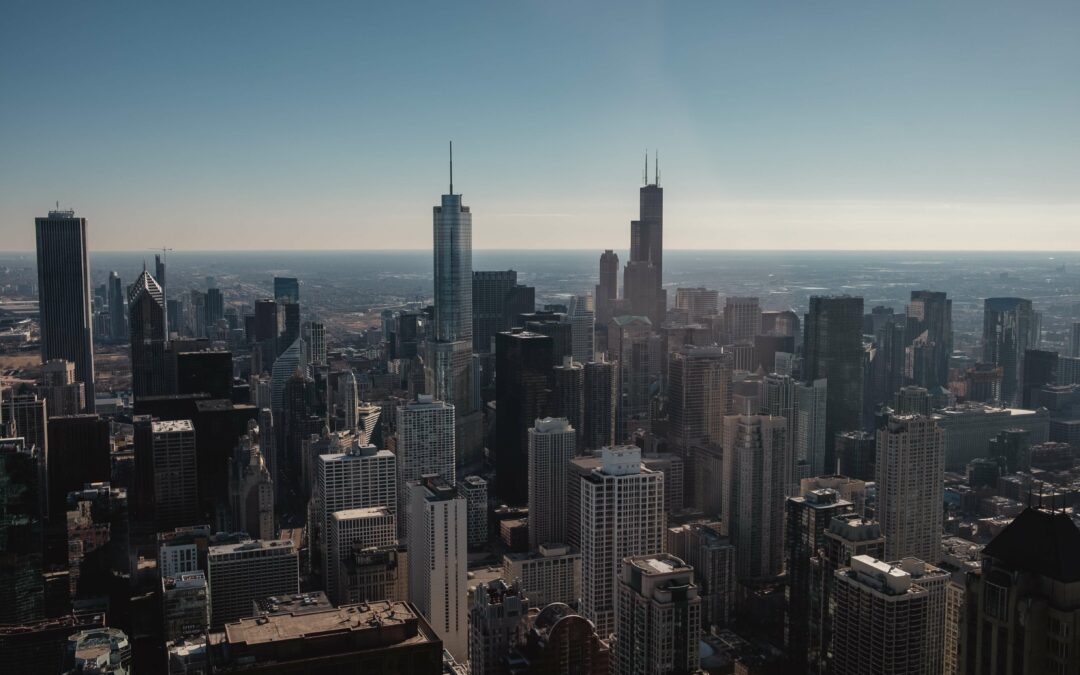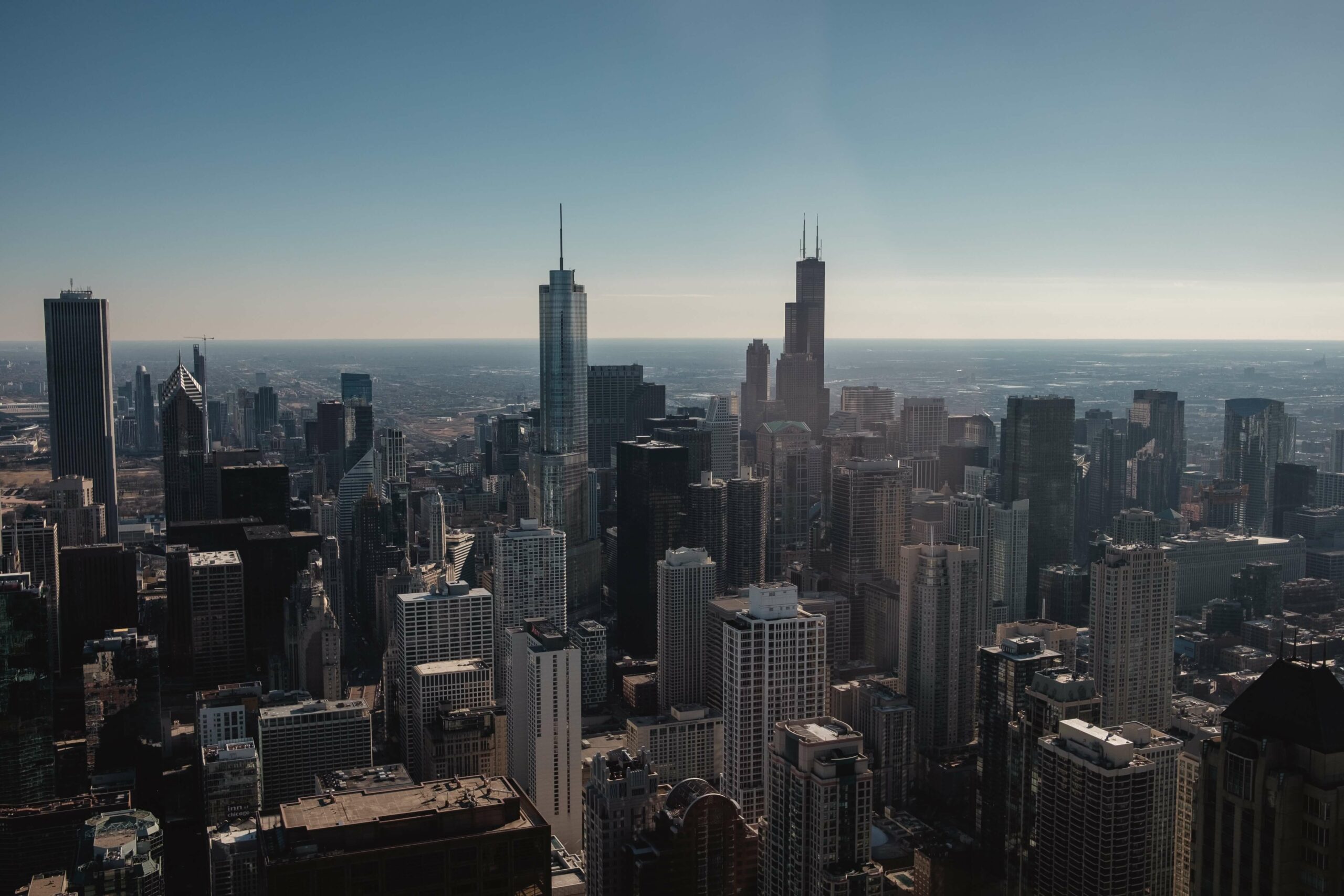1. Cannabis consumption increases
This is probably the most obvious to predict. As more states legalize medical and recreational cannabis or decriminalize the plant, consumption will rise as people gain more safe and legal access to quality cannabis. This includes all forms of cannabis; concentrates, edibles, topicals and others.
2. We still won’t see federal legalization
Considering that the senate currently won’t even vote on a bill that would decriminalize cannabis on the federal level, it is very unlikely that we will see full scale legalization on the federal level in 2021. There’s a chance that we see more legislation passed through the House that will give cannabis businesses better access to banking.
However this will likely also be stalled in the Senate. In short, as long as Mitch McConnell is the Majority Leader of the Senate, don’t expect any sort of federal progress when it comes to cannabis.
3. Rise in popularity of minor cannabinoids in hemp
Cannabidiol, more commonly known as CBD, has seen a massive increase in popularity and use in 2020. Through marketing and education efforts, people have learned of the benefits of CBD and how it is entirely different from THC. This has led to more curiosity about the wide variety of other cannabinoids in hemp and cannabis. CBN and CBG have already begun breaking into the forefront of cannabinoid research with more on the way in 2021.
We’ll see new mixed cannabinoid products that advertise different experiences for the consumer start to become much more popular.
4. Extraction and dosing technology increases
Cannabis extracts and concentrates continue to grow in popularity, with rosin taking over the scene in 2020 as the cleanest and tastiest dabs. 2021 will be no different as the technology for creating extracts advances even more. Solventless extracts will likely remain the most popular for health-conscious and connoisseur consumers, while vape cartridges and pens will stay popular for the average consumer.
It will also become easier to understand the dosing of concentrates, especially with cartridges and dabs. There is currently no widely known dosage for either, just general suggestions from the local budtender or industry blogger.
5. Increased presence of national cannabis industry brands
We’ve seen the rise in popular brands like Cookies and Runtz from California’s recreational market to Maryland’s medical market, and that trend is bound to continue. With the success of these brands, others will try to replicate their marketing style to also become popular nationally.
Cookies and Runtz are likely just more “flavors of the month”, and new products will likely take their place in 2021.
6. US stock market for cannabis
Investors in the US have seen that cannabis is essential and pandemic proof. With the huge boost to industry revenue in 2020, investors will be looking for more ways to invest in the United States cannabis industry. While Canada’s cannabis industry saw much less success than the US in 2020, their model for investing in cannabis stocks could be used a template to implement a similar system in the US.
With so many ancillary (non-plant touching) businesses in the industry and expansion growing every year, there may soon be an investment market for companies that work with the cannabis industry but don’t actually process or touch the plant.
7. Ancillary cannabis business transactions increase
Speaking of ancillary cannabis businesses, transactions for these companies are going to increase in 2021. Equipment supply stores, consulting and marketing firms focused in the cannabis space all will see more sales as more people get into the industry across the country driving a need for more of these businesses.
8. Oklahoma and Mississippi continue to expand
Oklahoma was one of the highest grossing states in terms of cannabis revenue despite being medical only in one of the most red states in the nation. Following their model, Mississippi will likely follow the same path as long as demand is the same.
Oklahoma will continue to hone its market and weed out cheap producers with low quality product that took advantage of an infant market with consumers lacking necessary education to choose better products. We will see a few producers rise to the top in 2021 and become available across the state.
9. Michigan explodes with huge operations
Michigan had a slow start after they legalized recreational cannabis in 2018, however sales have been rising consistently since dispensaries began opening and selling cannabis in late 2019 and through 2020. With Detroit announcing that it will be handing out licenses beginning Summer 2021, we are going to see a massive increase in grow operations and dispensaries in the area.
As the most densely populated area in the state, Detroit is going to launch Michigan into the next phase of its legal industry by the end of 2021.
10. Supply chain for hydroponic and grow industry becomes more limited
Due to shipping complications that arose in 2020 from China, 2021 is likely to be a rough year for the grow industry supply chain. While more people will be growing cannabis than ever before, the supply of the products they need to do it are going to be more limited than ever before as well.
Inevitably the low supply and high demand will lead to increased prices and decreased availability of many fertilizers, lights and media.
11. The exotics hype trend continues
The community of connoisseur cannabis consumers has driven a niche market of exotic and exclusive cannabis strains driven by media marketing campaigns and hype. This trend will continue in 2021 with brands we’ve already mentioned like Cookies and Runtz leading the way.
In states where cannabis is recreational or medical but Cookies and Runtz don’t operate, new breeders will rise with exclusive strains that you can only get from them at a specific dispensary on a specific drop date, increasing hype and demand. These strains will remain the most expensive option on the shelf in terms of flower.
12. More states will legalize cannabis
Following the trend of the last few years, more states are going to legalize cannabis recreationally or medically in 2021. New York is a state a lot are looking toward to make a move in the new year since their neighbor New Jersey approved a legalization ballot in November. With no competing industry, New York is bound to lose a lot of tax dollars to New Jersey’s legal cannabis over the border.
Other states like Pennsylvania and Virginia have had their governors voice support for a recreational cannabis industry more than once in 2020. While these states may have a legalization vote in 2021 it’s unlikely that either will pass in the near future. Other states to follow in 2021 are Connecticut and New Mexico.


















